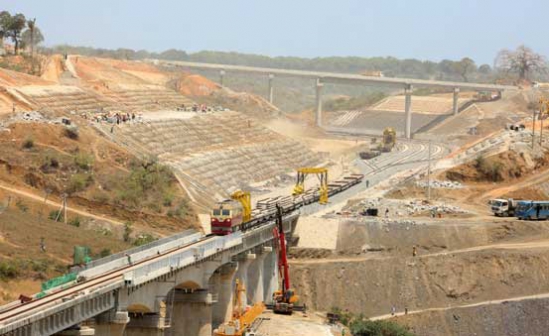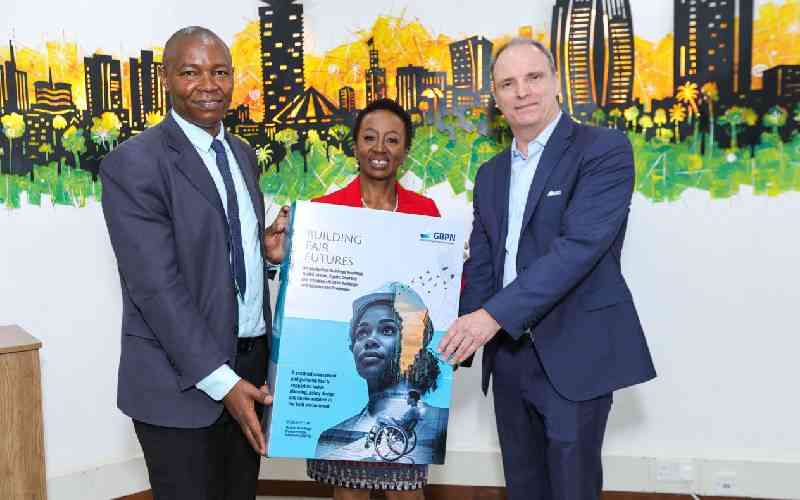×
The Standard e-Paper
Kenya’s Boldest Voice

NAIROBI, KENYA: Kenya’s growth prospects have again been called into question, capping a difficult year for the country after a bruising electioneering period.
The World Bank last week released its quarterly economic report on Kenya that almost mirrored that of the International Monetary Fund (IMF) - another Bretton Wood - in giving a downgraded economic forecast for the year.






